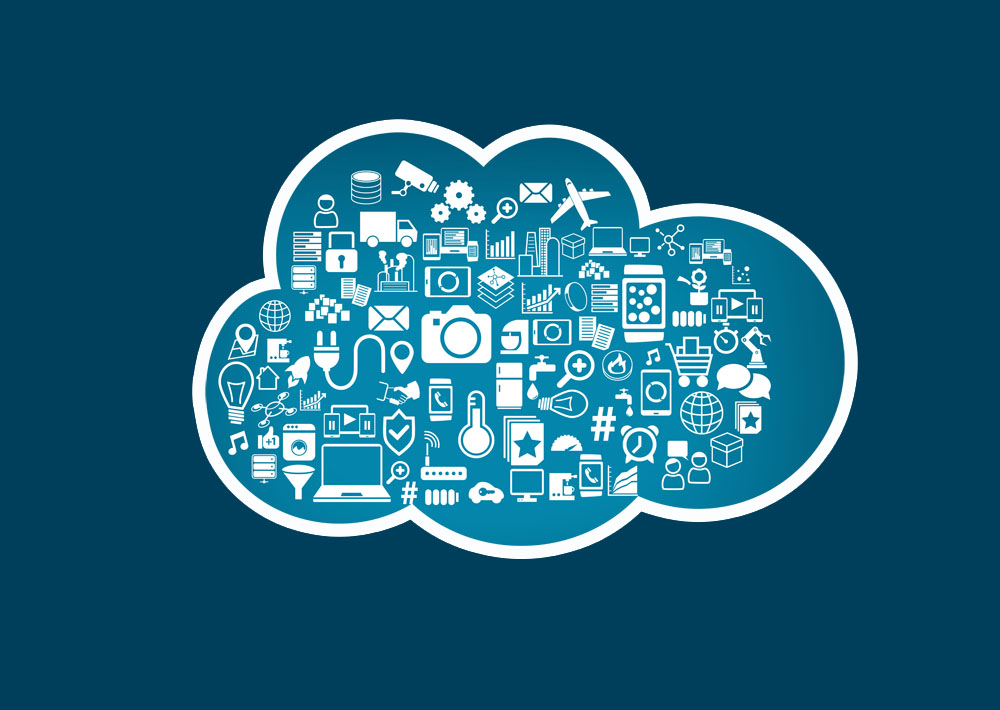The year is 2025. One day at 7.00 AM on a Monday morning, I wake up after my pyjamas send a mild sensory alert to my skin. A few minutes later I climb out of bed, step into the shower equipped with a sensor that automatically switches on the water to the exact temperature I desire. The shower is connected to a smart water heater that knows the family’s bathing patterns and adjusts the temperature accordingly. When I walk into the house the lights turn on and off automatically.
Although IoT is just beginning to take shape, it’s clear that it will have a profound impact on life and business. Over the next 5- 10 years, IoT will go deeply into key productive sectors of the economy such as: Energy, Transport, Retail, industrial production, manufacturing, agriculture, financed insurance, robotics, sport, security, healthcare….
Accenture estimates that by the year 2030 IoT will generate 14.2 Trillion Dollars with a massive impact on Countries’ GDP, with over 50 Billion objects connected in 5 years’ time. IoT is without a doubt the next “Industrial Revolution”.
To be ready for this “revolution” the market will require a new breed of expertise. We will need data scientists, software engineers, firmware engineers, web developers, kinesiology experts, applied physicists, sensor engineers and so on.
The above represents a unique opportunity for governments to push the economy forward.
Recent research conducted by Accenture, interviewing over 1,400 business leaders, highlighted the importance of concrete plans and collaboration between governments and industries. In the UK, impact on GDP could be 1.8% versus the current forecast.
The research stressed, that only 7% of the interviewees are ready with a complete IoT strategy. The vast majority of those interviewed believe that a large share of revenue will come from the IIoT (Industrial Internet of Things). Only a few believe that their company will benefit from real financial advantages. They will primarily focus on using IIoT to provide better organisational efficiency.
Where is the Cloud in this scenario? Journalists frequently ask this question and our answer is clear: no Cloud equals no IoT. Cloud Computing is what enables IoT and in the future it will become the basis for IoT security.
All IoT applications will run across Cloud Computing and the server will be somewhere in the Cloud too. Consequently, a company such as OVH will lead the IaaS IoT infrastructure.
Billions of sensors will be everywhere shortly, as described above and security is one of the most important challenges IoT has to face. Future hackers could steal or even alter sensitive personal data, such as cardio frequency, medicinal needs and insurance data.
In conclusion, to be ready for the IoT revolution one must consider three factors:
The need to rethink your industrial model. A Company should rethink their organisations,partnerships and activities. E.g., Agrochemical companies should look to build partnerships with leading SW & HW companies, with climate data companies and with satellite operators to better forecast weather patterns according to geo conditions and enhance crop yields.
How to analyse and use the data collected. Including standard inter-operability and security to guarantee the secure sharing of information between companies. It will also be vital to implement new models to support pay-per-use and other service-based offers
How IoT will change the way we work in the future. With increasing access to data,there will be a need to have independent geographical offices abroad to support the management and analysis of local data in the region. New structures to allow employees to collaborate in AGILE and creative ways will also be required.




